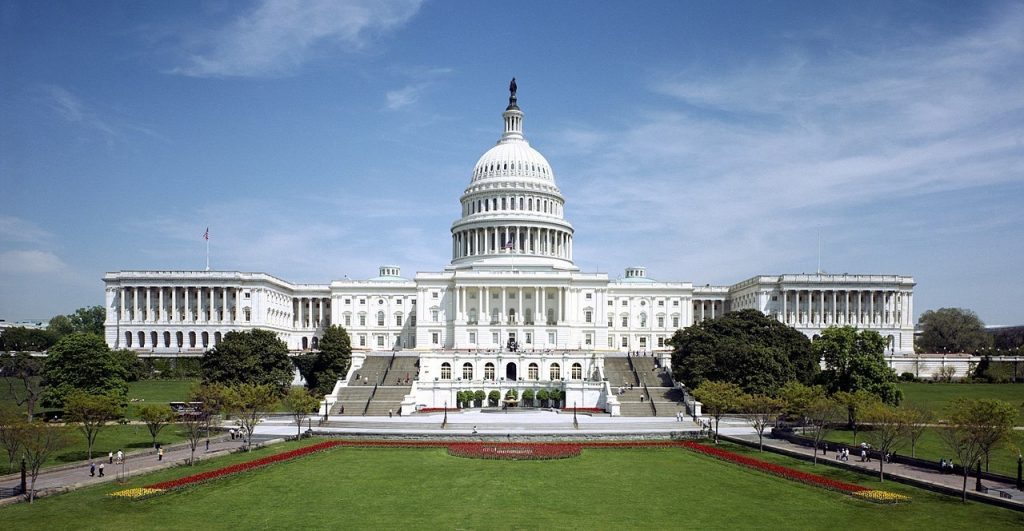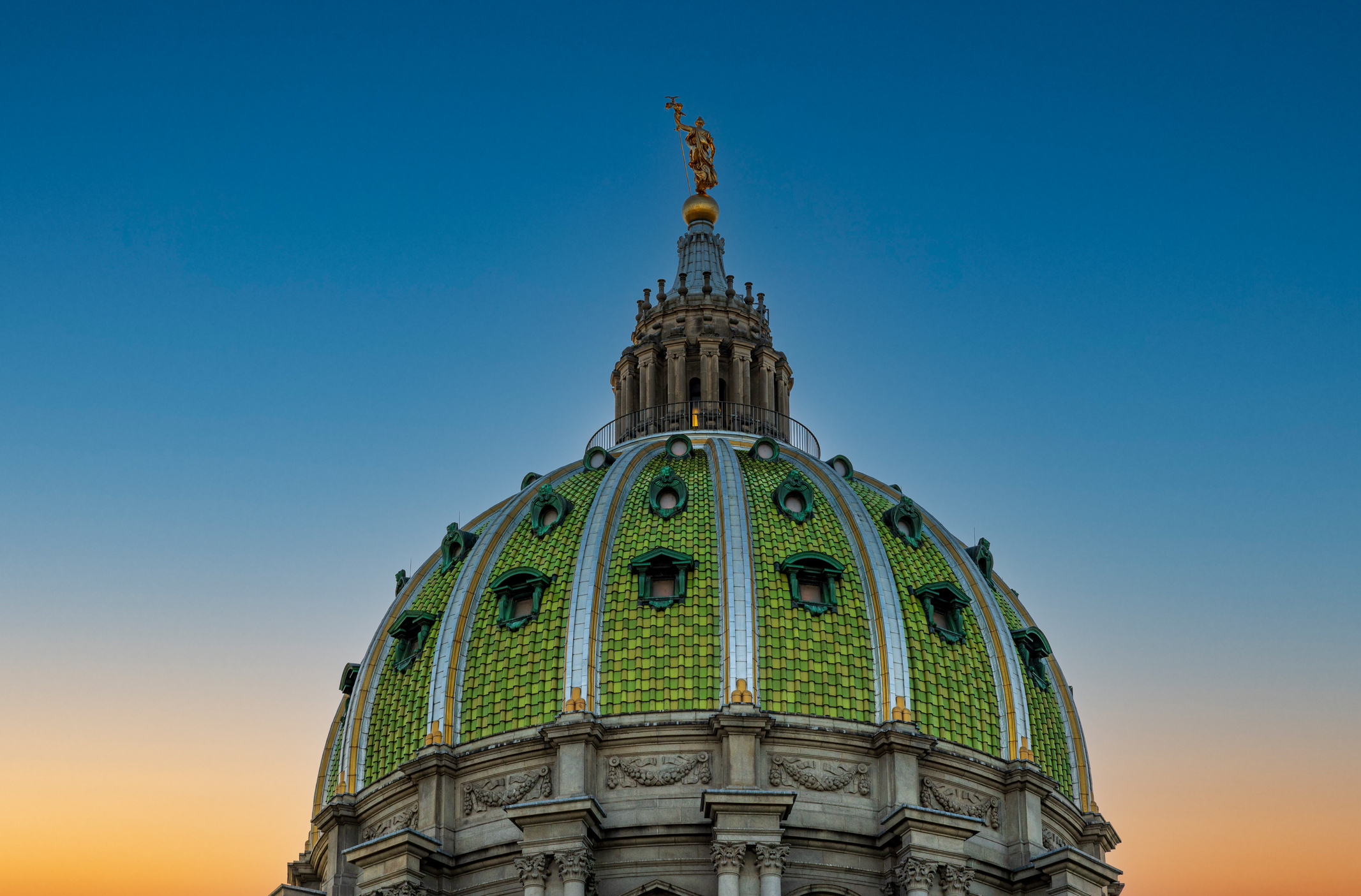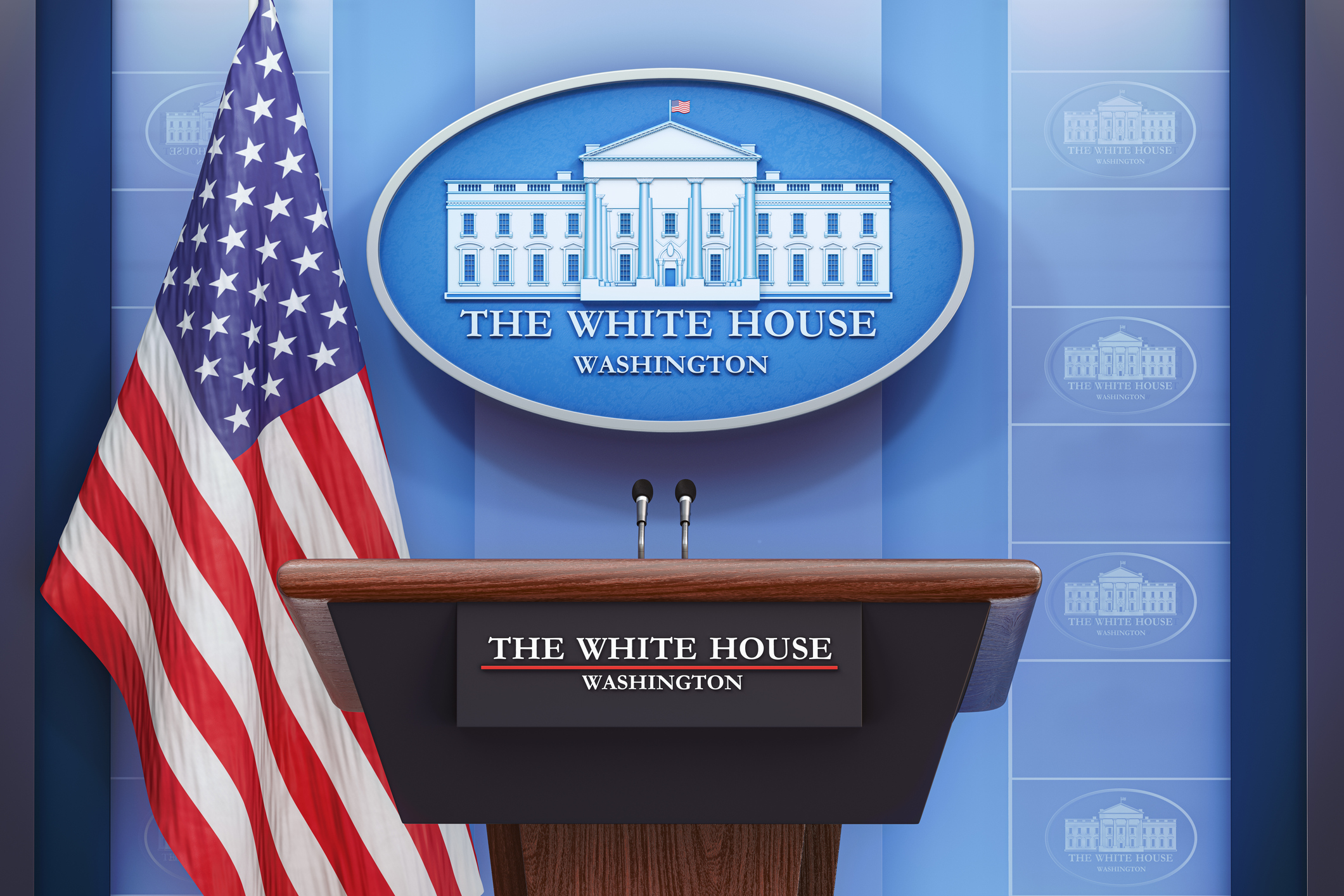
The Medicare for All Act of 2019 introduced by Rep. Pramila Jayapal (D-WA) and 106 House Democrats would create a universal, single-payer health program. The bill (H.R. 1384) would provide comprehensive health-care benefits at no cost to patients, replacing health insurance. However, the measure does not include provisions to pay for the program, though Rep. Jayapal said she is considering several options including increasing corporate taxes, increasing income taxes on the highest income brackets, and having employers pay in.
The bill will not pass either chamber of Congress ahead of the 2020 elections, but Democratic legislators are building support with the hope of making it central to the party’s platform. The goal is for a Democratic president and Congress to enact the bill into law. Rep. Jayapal secured a promise from House leadership that the House Budget and Rules committees will consider the bill this year.
Universal Health Coverage
The bill would create a universal health program under which all United States residents are entitled to healthcare services. Individuals would be automatically enrolled at birth or when they become residents. The bill would prohibit private and employer-sponsored coverage offering duplicative benefits.
The legislation would maintain coverage provided through the Department of Veterans Affairs and Indian Health Service, but effectively repeal other federal health programs such as the Medicare, Medicaid, TRICARE, and the Affordable Care Act exchanges.
The program would take effect in two stages. Those younger than 19 and those 55 or older would be eligible one year after enactment, and all other eligible individuals two years after enactment.
The bill would create a Medicare buy-in plan for the transition period, which would be available through the Affordable Care Act’s federal and state exchanges and offer all the same benefits as under Medicare for All.
Latest News
Photo credit: iStock.com/24K-Production Across the United States, lawmakers are increasingly reconsidering psilocybin policy in response to growing evidence of its therapeutic potential. Psilocybin is a naturally occurring psychedelic compound found in particular species of mushrooms. [...]
Photo credit: iStock.com/sommart In 2025, state governments across the U.S. are advancing initiatives to improve administrative efficiency and modernize civil service, adopting tailored strategies to better serve residents. Recognizing the importance of adaptability, innovation, and [...]
Photo credit: iStock.com/BackyardProduction Governor Josh Shapiro delivered his 2025-26 budget address, outlining economic initiatives, public safety measures, infrastructure improvements, and education funding. His speech emphasized continued investment in key sectors to strengthen Pennsylvania’s [...]
Photo credit: iStock.com/Bet_Noire On January 20, 2025, Donald Trump was inaugurated as the 47th President of the United States, marking the beginning of a second term in office. Trump immediately set the tone for the [...]






Stay In Touch